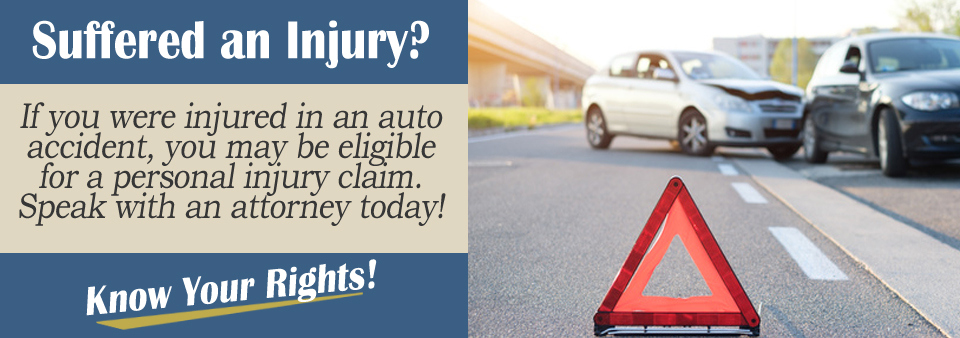It is a pity that some drivers do not drive safely when on busy highways. Only too often when a driver forgets to pay attentions/he drives in an unpredictable way and may forget to use a turn signal at an intersection. This is when an accident is most likely to take place. If you have been involved in an accident caused by a driving failing to use a turn signal and you know you aren’t to blame for the accident, it may not always be that easy to prove the at-fault driver was the main cause of the accident. That is why it is so important to act as fast as you can if you wish to get PI compensation from the insurer of the driver who did not use a turn signal.
How a Failure to Use a Turn Signal Accident May Occur
Accidents caused by a driver who has failed to use a turn signal happen frequently. This is because there are lots of drivers out on the highways who do not pay full attention to driving and forget important actions like giving a turn signal at an intersection. There are many simple reasons why a driver forgets to use a turn signal and causes an accident. Some of these are mentioned below.
- the driver is under the influence of drugs or alcohol;
- the driver deliberately drives recklessly so does not use a turn signal;
- the driver was distracted by eating and drinking while driving;
- the driver lost concentration due to fatigue;
- the vehicle was badly maintained, and the turn signal was not working;
- the driver was distracted when using a mobile device and lost concentration.
Damages That Might Occur When a Driver Did Not Use a Turn Signal
There are several types of damages that can be included in a PI claim when an accident takes place when a driver failed to use a turn signal:
- a percentage of lost wages while unable to work;
- an amount for pain and suffering caused by the injuries;
- cost of repairing the damaged vehicle;
- out of pocket expenses such as Uber/taxi fares to get to hospital visits or to go shopping while still unfit to drive;
- punitive damages if the driver deliberately did not use a turn signal;
- the cost of renting a vehicle while the damage one is being repaired;
- the total cost of medical treatment for everyone who was injured;
- the value of any personal property which was damaged in the accident.
How to React if You Are Involved in an Accident When There Was No Turn Signal
When the accident has taken place and you have been injured, you will need to go to the closest ER for medical treatment. If you it is possible you must find as much proof as you can at the accident site to prove who was to blame and exchange information with anyone who was there when the accident took place. You should not be afraid to call the police as a police report can make or break your chances of winning a successful PI claim.
Evidence for a PI claim could include:
- unpaid invoices for any medical treatment that has not yet been paid;
- the police officer’s report;
- receipts for medical treatment received so far;
- photos taken by you and any other victims at the site of the accident including all visible signs of vehicle damage and the position of the vehicles too;
- a car repair bill or receipt for repairs already done and paid for;
- a detailed medical report from your doctor including a diagnosis, treatment administered so far and likely recovery time;
- eye witnesses’ reports and their contact details;
- photos retrieved from a traffic monitoring camera close by, if possible, which shows the movement of the vehicles when the accident took place.

Speak With an Attorney
You might be thinking to yourself, that if you have enough evidence, filing a PI claim for an accident when the at-fault driver did not use a turn signal will be easy. However, the at-fault driver’s insurer may not be so forthcoming and may find some errors in your claim. An attorney has far more experience negotiating with at-fault drivers’ insurers and is much more likely to win a successful PI claim than if you try to negotiate on your own.